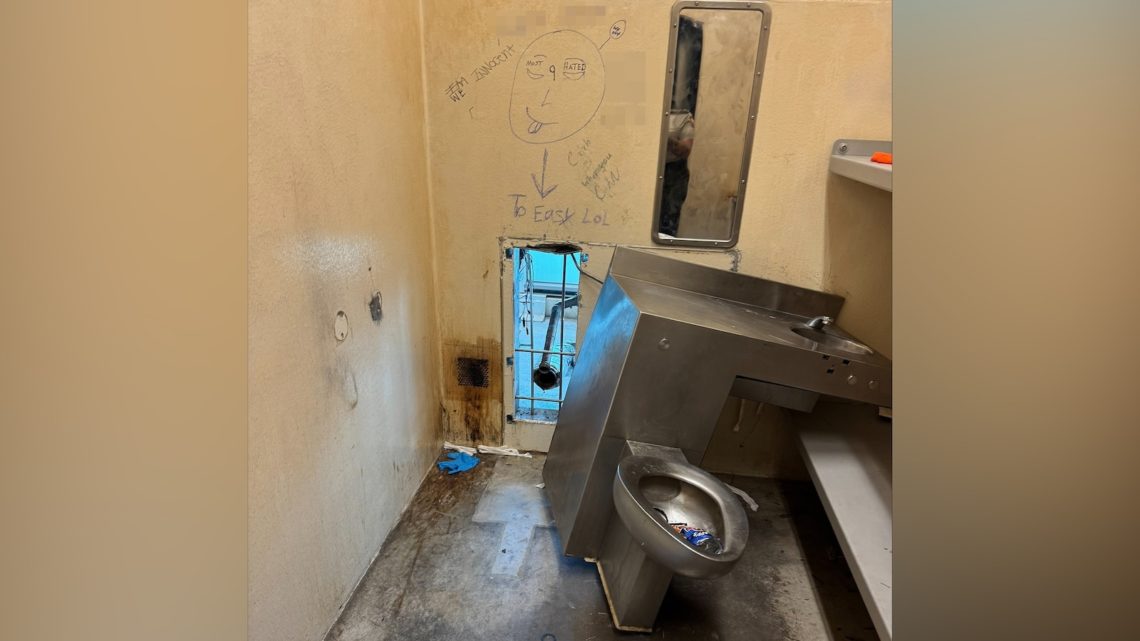Third Person Arrested in Connection with Orleans Parish Prison Escape

About the Organizations Mentioned
Louisiana State Police
The **Louisiana State Police (LSP)** is the state law enforcement agency with jurisdiction throughout Louisiana, operating under the Louisiana Department of Public Safety & Corrections and headquartered in Baton Rouge[2]. Established on July 28, 1936, by merging two prior law enforcement divisions, LSP was modeled after J. Edgar Hoover’s "G-Men" to be a modern, well-trained force emphasizing professionalism, including the creation of a training academy and crime lab early in its history[1]. The agency’s motto, **“Courtesy, Loyalty, and Service,”** originated during its formative years under Superintendent General Louis F. Guerre, who also redistricted the state into patrol areas to enhance coverage[1]. LSP’s core mission covers highway patrol, criminal investigations, narcotics enforcement, and public safety, supported by specialized units such as a SWAT team, Bomb Squad, Air Support Unit, and an Executive Protection detail for dignitaries and state facilities[2]. Its Criminal Investigations Division handles narcotics, auto theft, cybercrimes, insurance fraud, and identity theft, among other areas, and the agency operates a state crime laboratory[2]. Historically, LSP participated in anti-terrorism training programs in coordination with the U.S. State Department, reflecting its multifaceted security role[2]. Organizationally, LSP is structured into ten troops grouped into four regions across Louisiana, each commanded by a major, with a hierarchy of captains and lieutenants managing patrol and specialized sections[4][6]. Leadership includes Colonel Robert P. Hodges as superintendent, overseeing divisions such as patrol, investigations, and professional standards[4]. The agency combines law enforcement with technology and business support functions to enhance operational efficiency, including background checks, concealed handgun permits, and traffic records[4]. LSP’s accreditation by the Commission on Accreditation for Law Enforcement Agencies from 2003 to 2008 underscores its commitment to professional standards, though it voluntarily ceased participation after
















